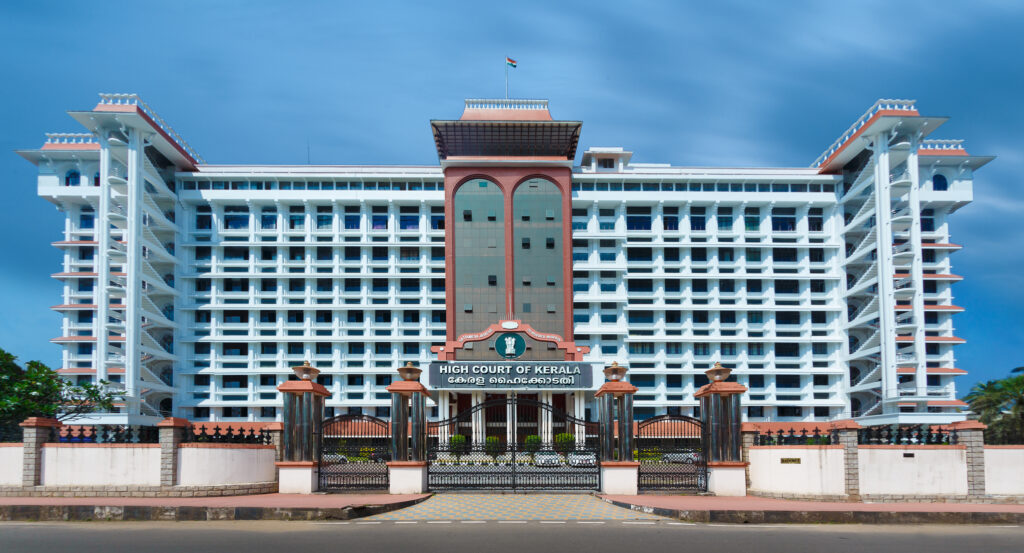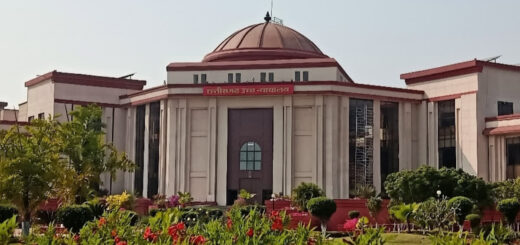The Kerala High Court stated that constitutional courts are not suited to deal with specialized areas or topics, and that specialized tribunals are necessary.

The Kerala High Court stated that specialized tribunals are necessary because Constitutional Courts lack the ability to manage specialized areas. The Court explained that enforcing laws can involve various factors, such as market, economic, environmental, social, and political issues. This complexity requires a detailed approach to understand the effects of these laws, which traditional constitutional courts often cannot handle well. The Court was reviewing a Writ Appeal against a specific clause in the Telecommunication (Broadcasting and Cable) Services Interconnection Regulations, 2017, and the related Tariff Order.
Justice A Muhamed Mustaque and Justice PM Manoj highlighted the need for specialized tribunals, noting that constitutional courts are not suited for specialized topics. Senior Advocate Amit Sibal represented the Appellant, while Solicitor General of India Tushar Mehta represented the Respondent. The Court referenced the case of Star India Private Limited v. Department of Industrial Policy and Promotion and Others (2019), where the Supreme Court upheld the regulation’s validity, stating that challenging it would reopen the Supreme Court’s judgment. The Court clarified the difference between precedent and res judicata, explaining that res judicata applies to specific parties in a case, while precedent is a binding legal declaration that affects courts or authorities regardless of the parties’ rights and obligations.
Precedent is part of case law in the court system and acts as a legal source that requires lower courts to follow the decisions of higher courts. This binding effect of precedent ensures that all courts and authorities apply the same law consistently. On the other hand, res judicata refers to final decisions on the same matter, the court clarified. As a result, the Court allowed the Appellants to contest the Tariff Order in TDSAT. Ultimately, the Court rejected the Writ Appeal.
Cause Title: Indian Broadcasting & Digital Foundation v. TRAI (Neutral Citation: 2024:KER:80988) Appearance:
Appellant: Senior Advocates Amit Sibal, Mukul Rohatgi, Santosh Mathew and Advocates Mathew Nevin Thomas, Arun Thomas, Veena Raveendran, Karthika Maria, Anil Sebastian Pulickel, Kurian Antony Mathew, Shinto Mathew Abraham, Leah Rachel Ninan, Joe S Adhikaram, Noel Ninan Ninan, Karthik Rajagopal, Aparnna S, Sidharth Chopra, Ranjeet Singh Sidhu, Swikirti Singhania and Srishti Kumar
Respondent: SGI Tushar Mehta, Senior Advocates Abraham Vakkanal, Rakesh Dwivedi, Saket Singh, CGC








